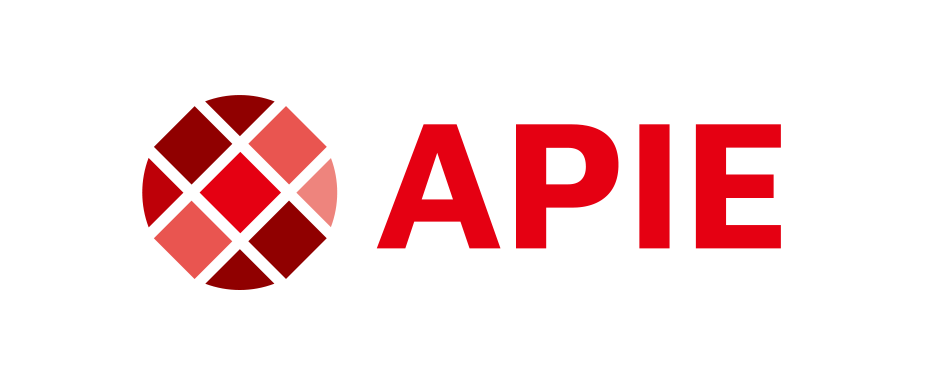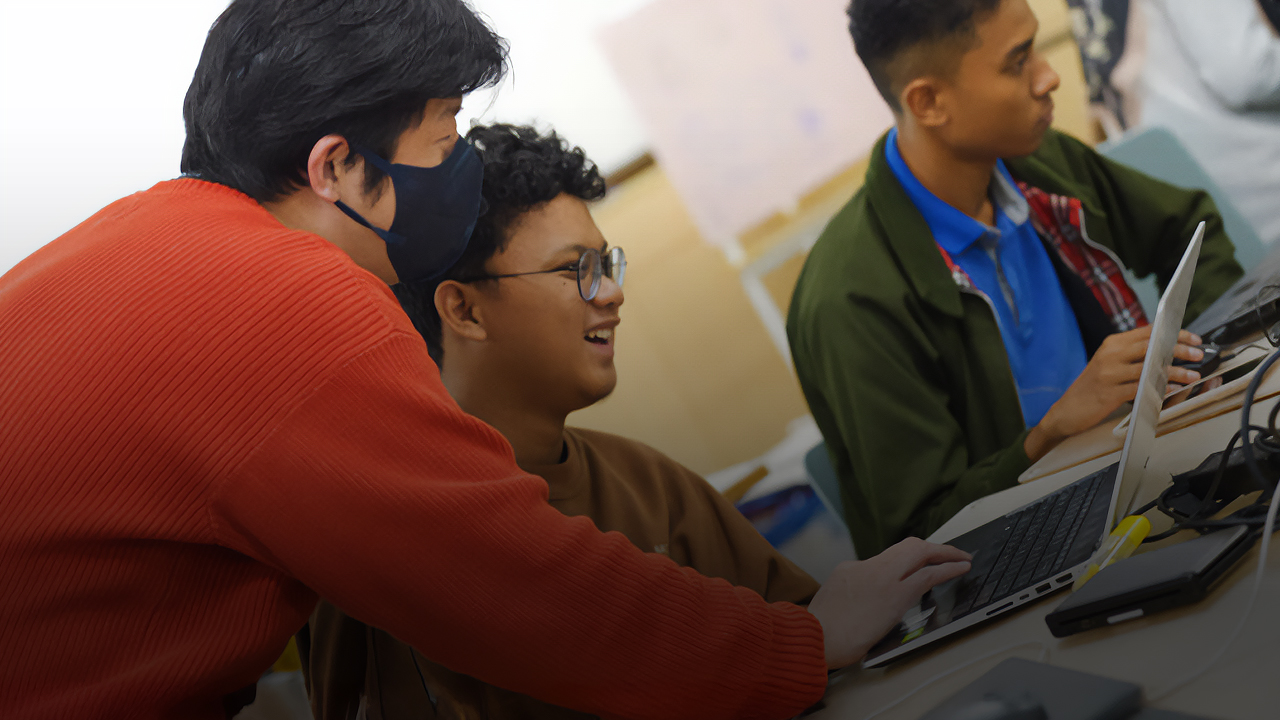News
Becoming professional network engineers and contribute to the future of the Internet community
2,100+
Learners worldwide
9
Economies impacted
15+
Universities served
1,300+
Badges issued
Objectives
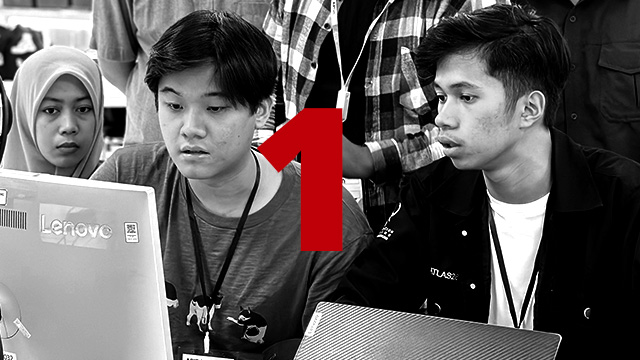
Understand the philosophy and practical skills of Internet operation and engineering.
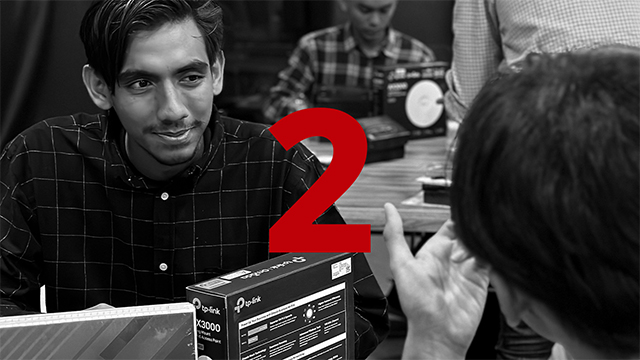
Join a community and build a human network in APAC for the Internet operation, engineering, and research for the future.
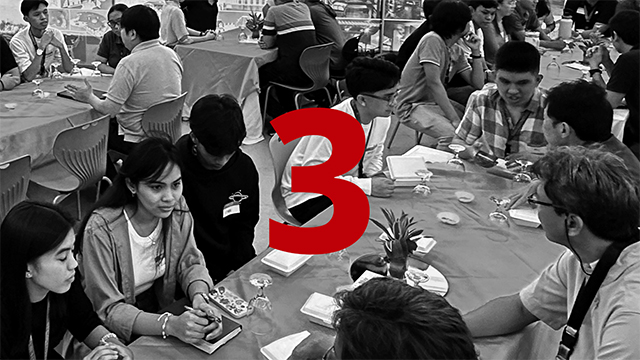
Build connections to the industry in the Asia Pacific region for your future career.
Components
APIE Core Course
APIE Core Course provides several self-paced online courses.

APIE Camp
- 5-day onsite camps with project-based intensive curriculums
- Collaborative sessions with REN operators in the Asia Pacific region.
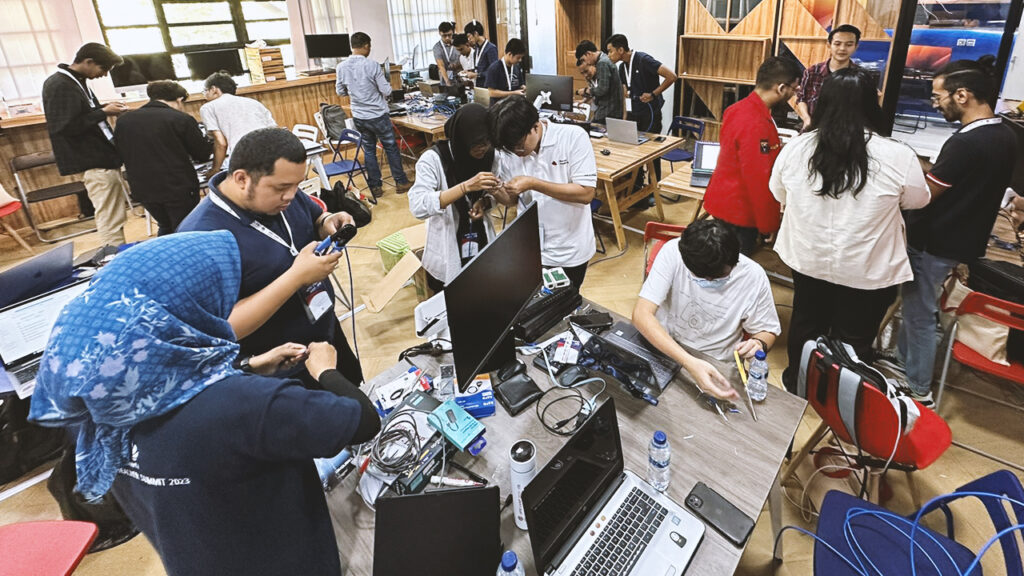
APIE Internship
Opportunity to join internship programs offered by Internet technology related companies and organizations in the Asia Pacific region.
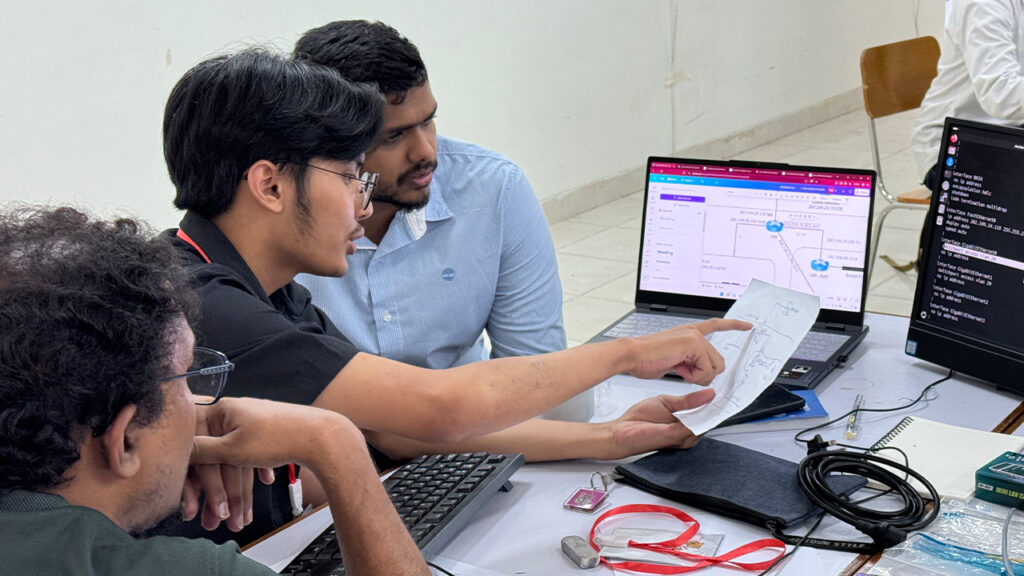
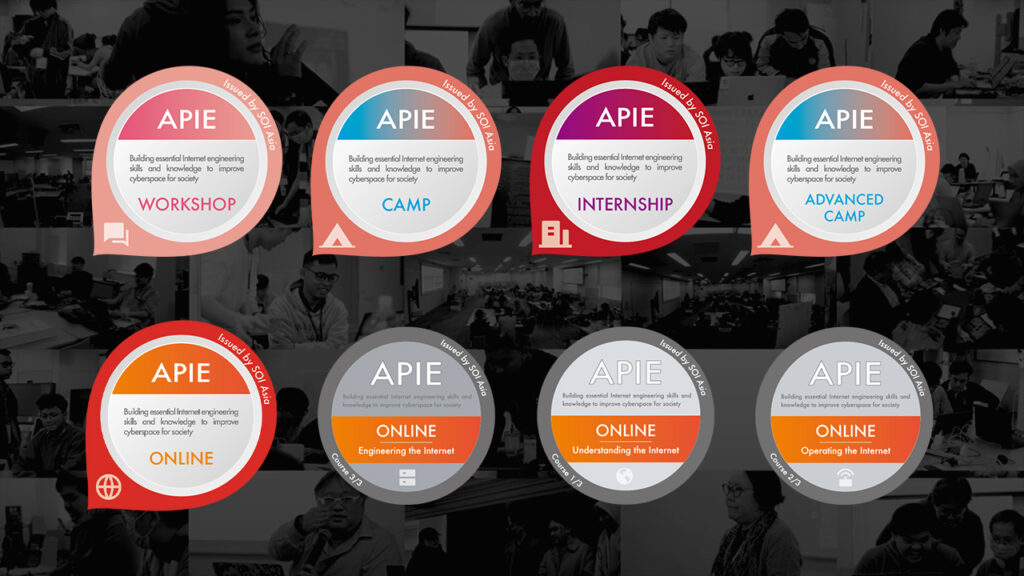
Digital Badges
from Inxignia
Gain recognition for your learning journey. Each completed course component awards you an Inxignia digital badge, that is a verifiable credential to enhance your resume and online profile.
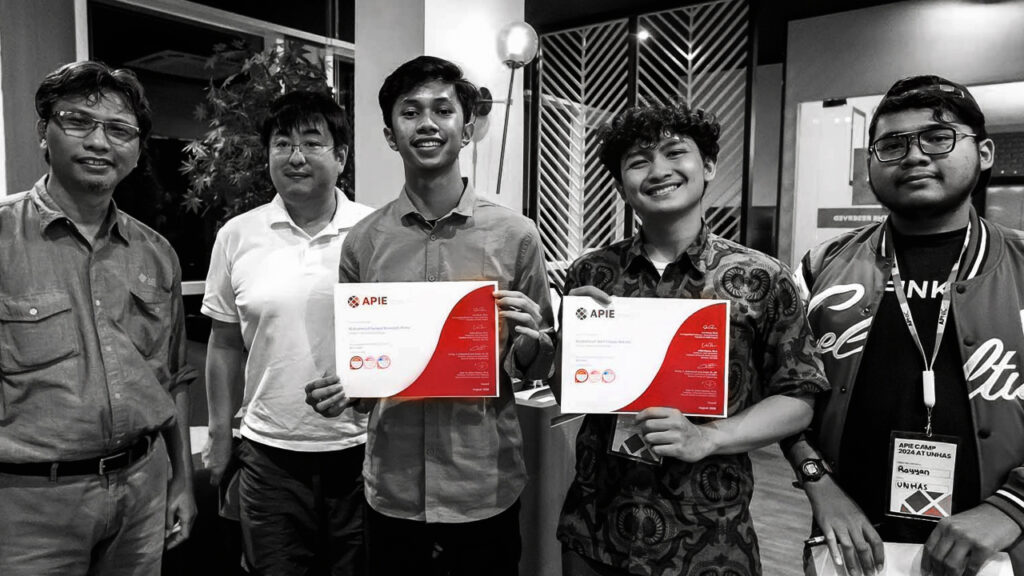
Certificate of Completion
An APIE Certificate of Completion is issued for the completion of all four components. APIE Core Course, APIE e-Workshop, APIE Camp, and APIE Internship.
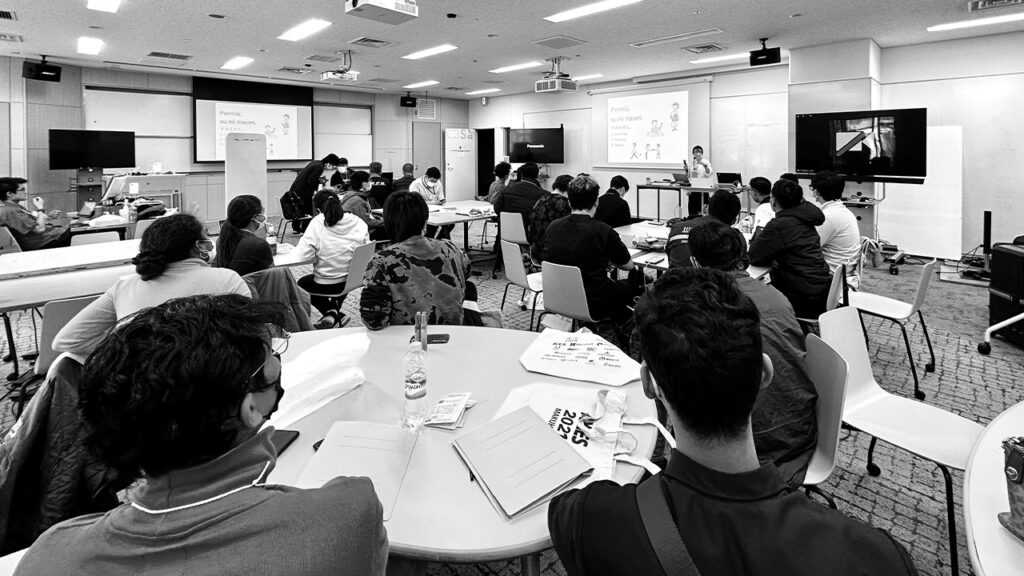
No Experience
Required
Whether you are a beginner or have some understanding of Internet operation and engineering in practice, each course is clearly explained in a way that’s suitable for both beginners and experienced learners alike.
